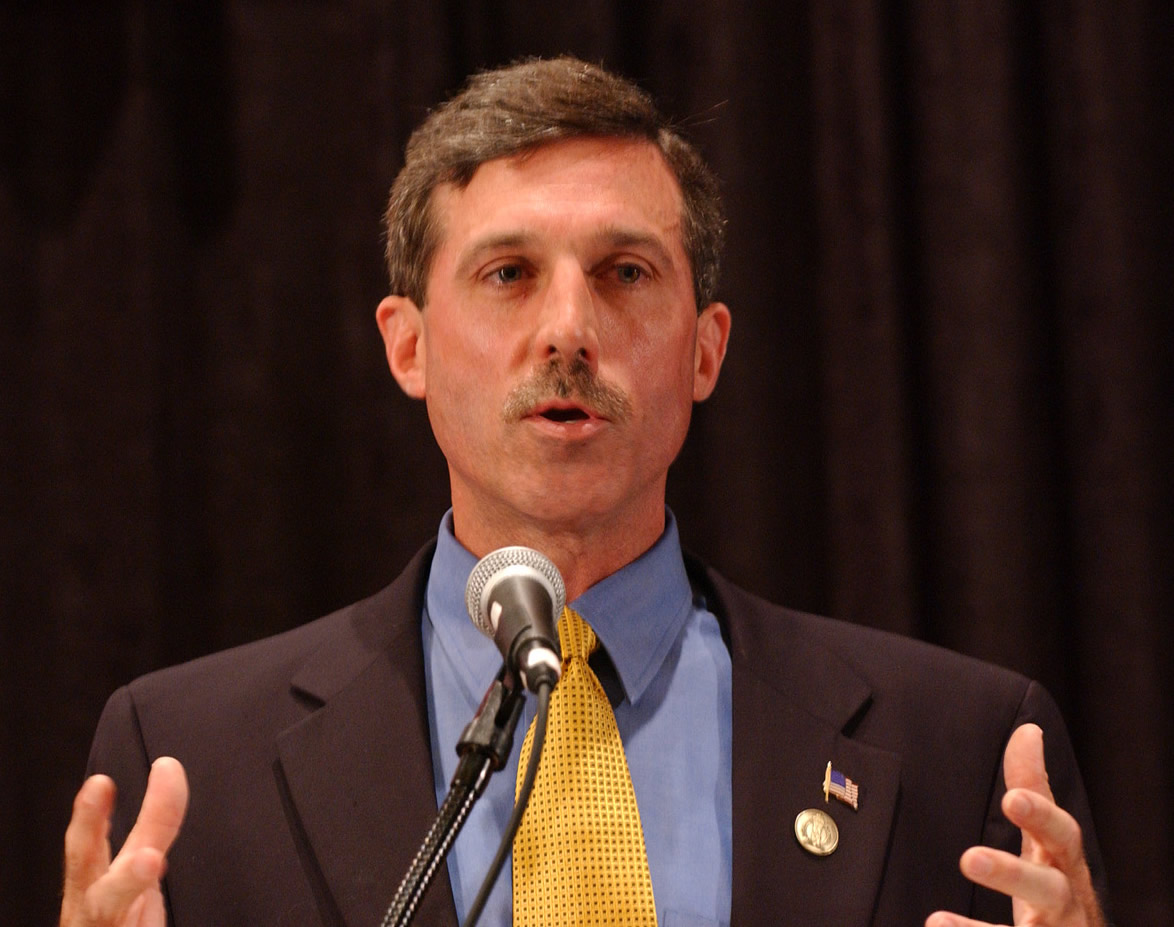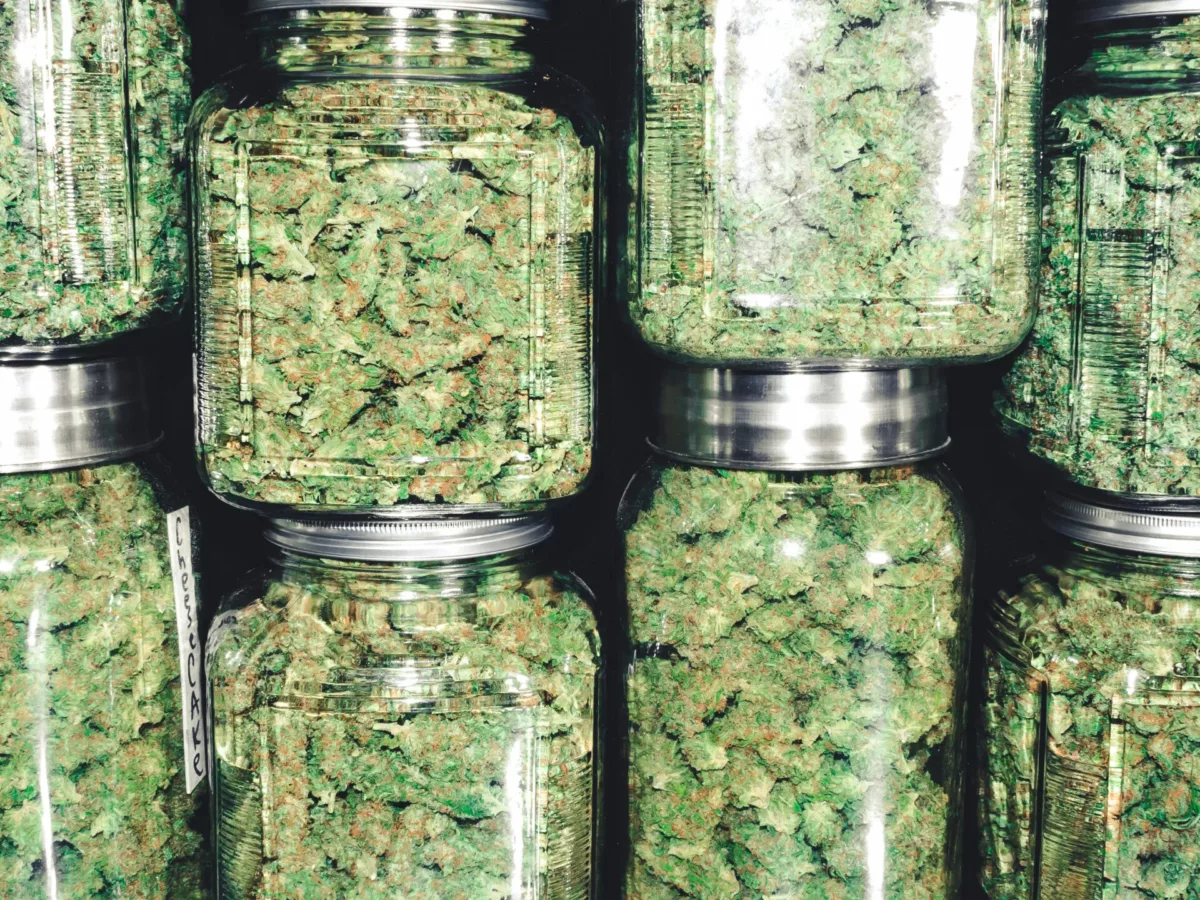In a controversial move, Delaware Gov. John Carney (D) on Tuesday vetoed a historic bill to legalize cannabis possession that comfortably cleared the state legislature earlier this month.
The measure, which passed the General Assembly after years of failed attempts at legalization, eliminates penalties for adults 21 and older who possess up to one ounce of weed.
State legislators now have 60 days to override the veto with a three-fifths vote. And while the General Assembly hasn’t successfully overridden a governor’s veto since 1977, it should now have the votes to do so given the bill passed 26-14 – a more than three-fifths majority.
Carney, a Democrat serving his second and final term in office, announced the veto in a press release on Tuesday. “I am hereby vetoing HB 371 by returning it to the House of Representatives without my signature,” he said.
He cited concerns about the effect of cannabis on young people’s health, as well as the potential impact of recreational legalization on Delaware’s economy and law enforcement agencies.
“I respect the Legislative Branch’s role in this process, and I understand that some hold a different view on this issue,” Carney said. “However, I have been clear about my position since before I took office, and I have articulated my concerns many times.”
His veto sets up an inevitable clash with his own Democratic party, which pushed for the reforms and overwhelmingly supports cannabis legalization. It also goes against public opinion: A 2016 poll found 61% of Delawareans are in favor of eliminatng penalties for weed.
Rep. Ed Osienski (D-Brookside), who introduced the bill, said he was “deeply disappointed” by Carney’s veto, noting the governor could have expressed his personal grievances by simply allowing the bill to pass without his signature.
“Unfortunately, the governor has chosen to ignore the will of residents and a bipartisan super-majority of the General Assembly by vetoing HB 371,” said Osienski in a statement.
He added that without full legalization, Delaware’s black market for cannabis will continue to thrive while neighboring states like New Jersey –– where recreational sales begun last month –– rake in tax dollars and get a head start in the weed industry.
Osienski is also the sponsor of a separate bill, HB 372, that would create a basic regulatory framework for the cultivation, sale and taxation of recreational weed. Last week, that legislation failed to pass the House by just one voice, though it’s slated for another roll call vote in June.
Cannabis advocates vowed to keep fighting for legalization on Tuesday by working with state legislators to override the veto. Several noted the importance of legalization for communities of color that have faced the brunt of cannabis prohibition in Delaware.
“We’re urging our General Assembly to see through this process, no matter the hurdles,” said Laura Sharer, Executive Director of Delaware NORML. “Delawareans should not be left to bear the unjustifiable human costs of life-altering police stops, searches and arrests for cannabis, a non-toxic plant.”
In 2010, Delaware was among the states with the highest per capita spending on the enforcement of anti-cannabis laws, per a report by the ACLU. At the time, Black people represented nearly half (47.7%) of arrests for weed possession despite making up only 21.9% of the state’s population.
Delaware has already decriminalized cannabis by making the possession of small amounts of weed punishable only by a civil fine of no more than $100. Additionally, medical cannabis has been legal in the state since 2011, with qualified patients allowed to obtain up to six ounces of weed through licensed, non-profit “compassion centers.”






